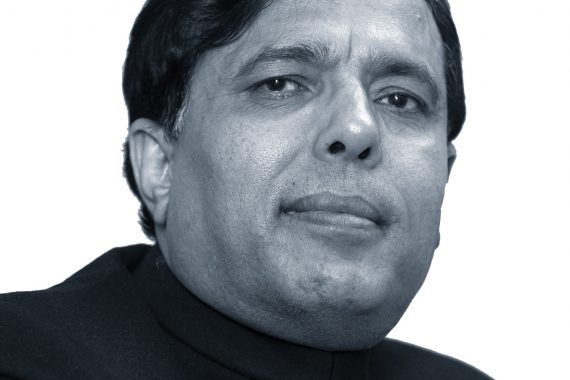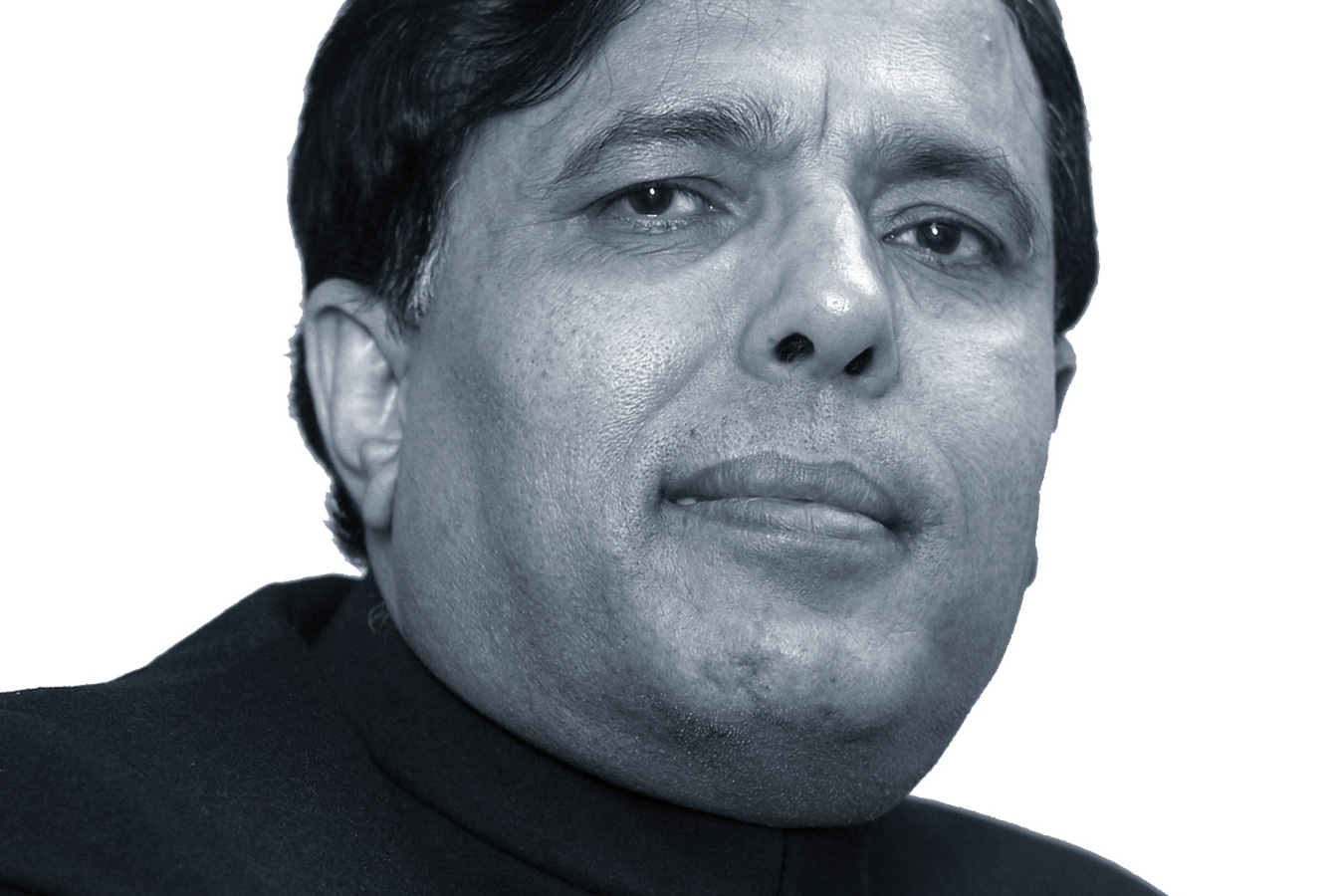Will the NHS survive its 70th year?


A recent poll of 900 GPs by Pulse reflects the plight of over thirty five thousand GPs in England. GPs all over the England struggling to deliver safe care to patients. Since Jeremy Hunt has been health secretary GP services have moved from crisis to crisis, and the NHS is at the brink. Health Secretary Jeremy Hunt’s record on general practice speaks for itself:
1. The proportion of unfilled GP advertised posts has climbed more than fivefold. We’re are in the midst of a GP recruitment crisis.
2. By 2020, there will be a shortage of around 10,000 GPs across the UK.
3. The number of GP Practices in England has fallen by 889 since 2010, a fall of 11%, as a result of closures or mergers.
4. Since 2010, England’s GP to patient ratio has fallen by 6%. There are now fewer doctors per patient that there were under Labour, and it has fallen steadily since the end of 2009.
5. There are 4,425 fewer staff working at GP Practices today, compared to 2010.
6. The GP Patient Survey shows record levels of dissatisfaction across several key criteria. Patients finding it hard to get through to a GP, or finding the receptionist unhelpful are at record levels.
7. Under his leadership, public satisfaction with the NHS has declined from a record +52% (net) in 2010 to +41% in 2016.
8. The percentage of NHS 111 calls answered within 60 seconds fell to its lowest percentage for any November on record, in the most recent data.
9. The number, and percentage, of patients not treated within 28 days of an operation being cancelled has more than doubled since 2010.
10. A 2015 report by the King’s Fund found serious failings in dermatology services, especially in the commissioning of services which are increasingly privatised.
And what has Jeremy Hunt gained since he became health secretary in 2012? He has added social care to expand his influence and empire.
He already has a track record of greater privatisation of the NHS, and more fragmentation, than we have ever seen before. Social care is beset with multiple providers, less state provision, more privatisation, and much of it is means-tested. By giving the most damaging health secretary in history an additional brief for social care, Mrs May has extended his reach beyond the chaos and destruction of what has been the pride of the country, the NHS.
His personal fortunes have improved greatly as he became the richest person in the Cabinet. His performance as Health Secretary, however, deteriorated even further in three key ways last year.
All the key indicators within our NHS worsened with NHS waiting lists reaching eight-year highs. He has also presided over a steep increase in rationing within our NHS, making life difficult for GPs dealing with patient demands and frustrations.
Hunt got himself embroiled in twitter battles that saw his sophistry exposed.
Taking donations from junk food corporations on the one hand and demonising the poor for weight gain on the other is just a microcosm of the hypocrisy at the heart of the politics currently in control of our NHS. Hunt also lacks the strategic thinking to make the changes needed to guarantee the NHS’s survival in general and primary care in particular.
GPs today, across the board, are underpaid and overworked. The NHS is losing good people because GPs feel demoralised. If general practice falls, the NHS will fall too. On the year of its 70th birthday, the moment of crisis many warned of has arrived, and I doubt that the NHS can be retrieved from this state of affairs.
And as long as Jeremy Hunt remains in charge expect warm words but little else.
Dr Kailash Chand is a retired GP from Tameside and is honorary vice-president of the BMA









